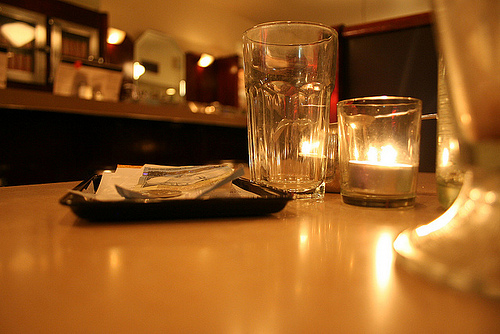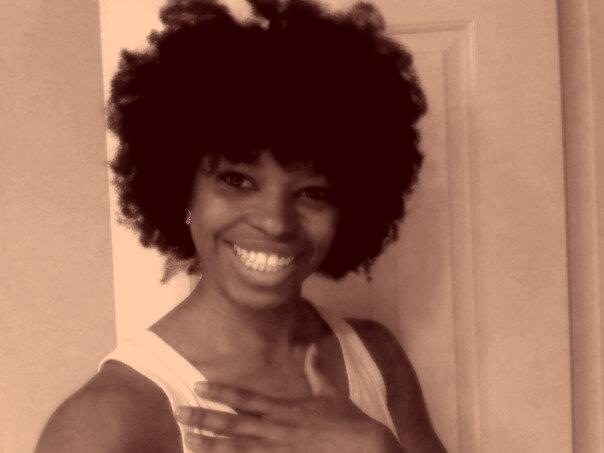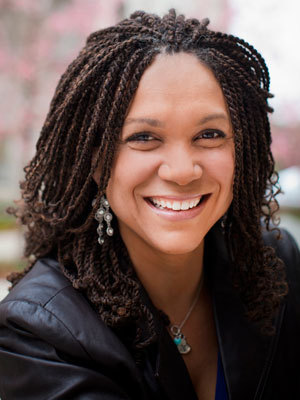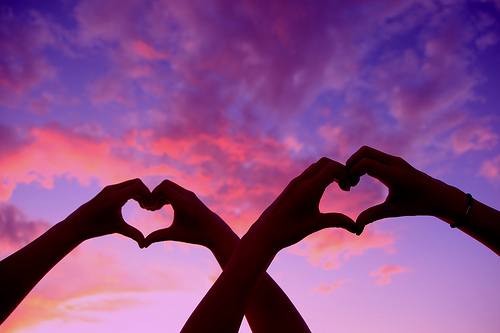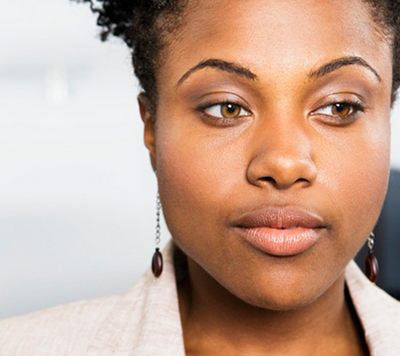Every single time some "boi" makes a sexist joke about bringing in the bacon for "my woman" or a straight dude presumes to know who "wears the pants" in my relationship, or a waiter assumes I'm the one that's paying the bill (even after my femme partner asks for it),…
-
-
Blog - Gender and LGBT Issues - Guest Posts - Love Is My Revolution - Special Series - The Political, Personalized
Lessons Learned from a Straight African Woman: Homophobia is UnChristian
Love Is My Revolution: A few weeks ago, I shared a short photo essay about my best friend, ChiChi. We'd been estranged for four years due to my sexuality and her Christian faith. Recently, we reunited to find our friendship changed for the better. Given the ongoing battle between religion…
-
Melissa Harris Perry, Host of MSNBC Show, Digs My Principles of Afrofeminism
Melissa Harris Perry (host of NBC Show Nerdland) tweeted that my interview at Ms. Magazine, during which I talk about Afrofeminism, is now one of her favorite online reads. Okay, I can die now.
-
Love and Afrofeminism: Introducing a New Blog Series and #AfroFemLove Twitter Chat
Love is absolutely a feminist issue, a recurring theme in various parts of the political landscape. But we've grown so accustomed to framing our discussions and ideas for progress around everything but love—instead, facts, figures, statistics, issues, enlightement or problematicness—that I fear we've inadvertently distanced ourselves from the most important…
-
What Does an African Feminist Look Like? Ms. Magazine Features African Feminist Bloggers
The Femisphere is a blog series in the popular Ms. Magazine that highlights the many diverse corners of the feminist blogsphere. Their latest installment focuses on African feminism, and I'm honored to have been featured along with two other African feminists, Ms Afropolitan and Lesley Agams. But, given that we're…
Online rulet oyunları gerçek zamanlı oynanır ve online slot casino bu deneyimi canlı yayınlarla destekler.
İnternet üzerinden eğlence bahsegel giriş arayanlar için deneyimi vazgeçilmezdir.
Kullanıcıların hesaplarına hızlı ve sorunsuz bettilt ulaşabilmesi için adresi her zaman güncel tutuluyor.
